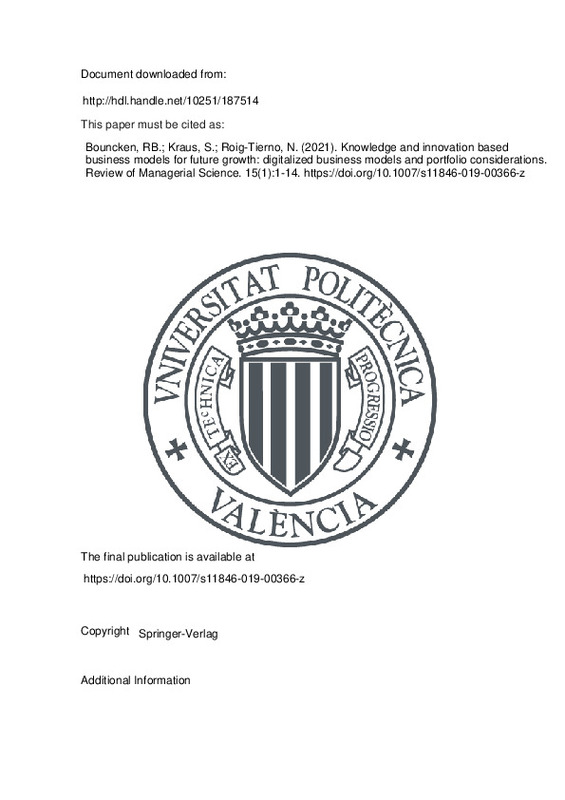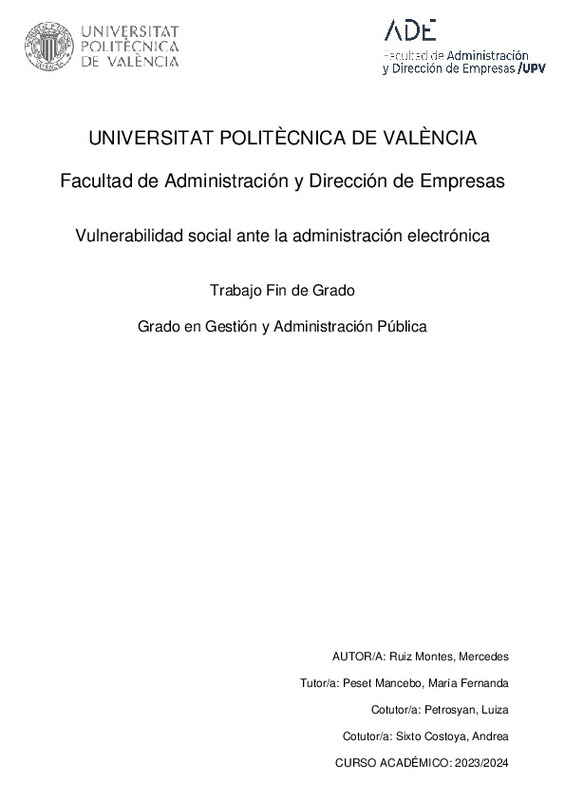|
Resumen:
|
[EN] The heritage values of Levantine rock art, as UNESCO World Heritage since 1998 and as an Asset of Cultural Interest since 1985 according to the Spanish Heritage Act, together with its fragile nature, demand developing ...[+]
[EN] The heritage values of Levantine rock art, as UNESCO World Heritage since 1998 and as an Asset of Cultural Interest since 1985 according to the Spanish Heritage Act, together with its fragile nature, demand developing initiatives aimed at regularly revisiting and monitoring the sites and updating any existing records (descriptions, tracings, photographs, etc.). This is especially important for long-known sites, such as La Joquera, discovered and first graphically recorded in 1930 and for which these records have not been updated for decades. Such revisits should be aimed to: a) asses the integrity of the finds since their discovery or since the last revision; b) test whether current digital technologies can improve previous interpretations and reproductions of the art preserved there; and c) produce accurate three-dimensional (3D) photorealistic models that capture the 3D nature of this heritage and even improve the visualisation of motifs. These integral approaches are relevant to the qualitative and quantitative study of the art, as well as to its preservation and monitoring, and creation of digital archives to ensure a virtual future for Levantine art. This paper reports the technologies and methods used, the challenges faced (in terms of space available, lighting restrictions and the visual interference caused by the protective fence), and the results obtained at La Joquera rock art site as part of the 2D and 3D digital recording of the rock surface, the colour and the motifs depicted. Highlights of this paper include the identification of previously invisible weaponry and adornments of the only archer preserved on this site, as well as some other incomplete remains. Deliverables also include the production of a photorealistic model on which colour-intensified tracings are projected. This facilitates the identification of art that is now extremely faded and offers a closer look at what the site may have looked like originally.
[-]
[ES] Los valores patrimoniales del arte rupestre Levantino, como Patrimonio de la Humanidad por la UNESCO desde 1998 y Bien de Interés Cultural desde 1985 según la ley de Patrimonio Histórico Español, junto con su fragilidad, ...[+]
[ES] Los valores patrimoniales del arte rupestre Levantino, como Patrimonio de la Humanidad por la UNESCO desde 1998 y Bien de Interés Cultural desde 1985 según la ley de Patrimonio Histórico Español, junto con su fragilidad, exigen desarrollar iniciativas dirigidas a revisar de forma periódica los yacimientos y actualizar los registros existentes (descripciones, calcos, fotografías, etc.). Esto es especialmente importante para aquellos yacimientos que se conocen desde antiguo, como La Joquera, descubierto en 1930 y cuya documentación no había sido actualizada desde hace décadas. Estas visitas deben ir dirigidas a: a) evaluar la integridad de los hallazgos desde su descubrimiento (o desde su última revisión); b) comprobar si las tecnologías digitales actuales pueden mejorar las interpretaciones y reproducciones (calcos) anteriores; y c) generar modelos fotorrealistas tridimensionales (3D) precisos que capten la tridimensionalidad de este patrimonio e incluso mejoren la visualización de los motivos. Estos enfoques integrales son relevantes para el estudio cualitativo y cuantitativo del arte, así como para su conservación y monitorización y para crear archivos digitales que proporcionen un futuro virtual al arte Levantino. En este artículo se exponen las tecnologías y métodos utilizados, los retos afrontados (en términos de espacio disponible, restricciones de iluminación e interferencias visuales causadas por la valla protectora) y los resultados obtenidos en el yacimiento con arte rupestre de La Joquera durante el proceso de registro digital en 2D y 3D de la superficie rocosa, del arte y del color. Los aspectos más destacados de este artículo incluyen la identificación del armamento y algún adorno del único arquero conservado en este yacimiento, anteriormente invisibles, así como de otros restos incompletos. También incluyen la elaboración de un modelo fotorrealista sobre el que se proyectan calcos con el color intensificado. Esto facilita la identificación de un arte hoy extremadamente desvanecido y ofrece una visión más cercana del aspecto que debió de tener el yacimiento originalmente.
[-]
|












